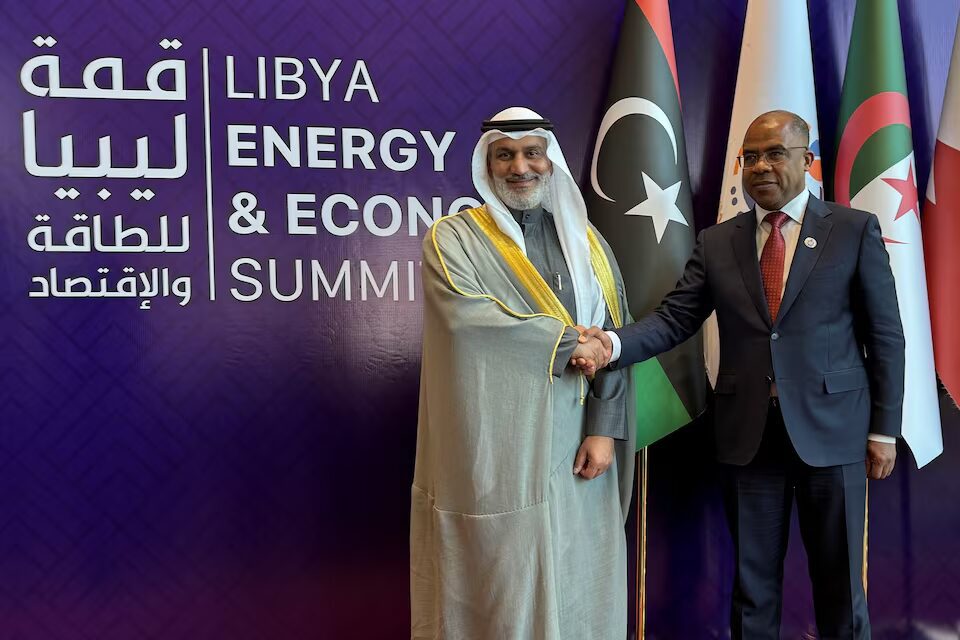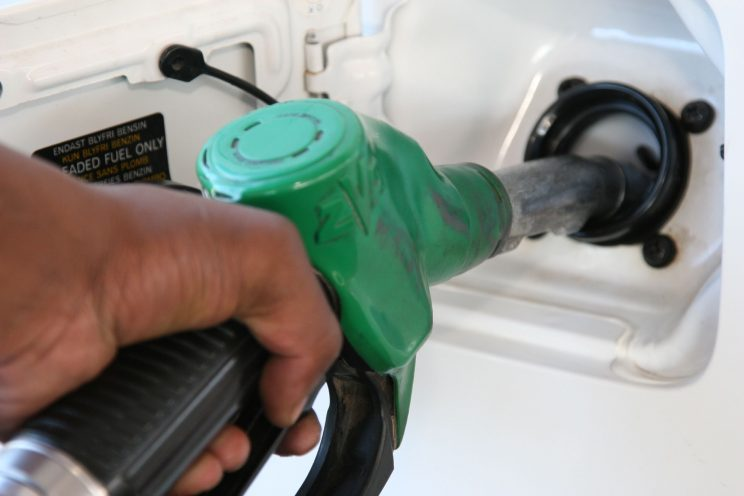
Monday 20th October 2025

by inAfrika Newsroom
Women entrepreneurship finance advanced after the African Guarantee Fund and Women’s World Banking signed a partnership to expand credit for women-led businesses. The October 2 agreement aims to blend guarantees, technical assistance and policy advocacy to crowd in bank lending across multiple markets. Moreover, the partners said the goal is to lift approvals and reduce collateral burdens for qualified borrowers.
The collaboration arrives as multilateral and regional actors refresh toolkits for women-led SMEs. At the World Bank–IMF Annual Meetings, sessions on women economic empowerment highlighted blended finance, value-chain integration and digital payments for micro and small firms. Therefore, banks and funds have clearer pathways to structure viable gender-lending products with public risk-sharing.
Africa’s credit gap for women-owned businesses remains large. However, guarantee platforms can lift risk appetite by absorbing first-loss slices, while capacity-building improves pipeline quality. In addition, standardized data on loan performance helps lenders see that women’s portfolios are often at least as resilient as the market average. Analysts said that, with scale, women entrepreneurship finance can move from donor-driven pilots to mainstream banking.
Why it matters: expanding women entrepreneurship finance strengthens job creation, household incomes and export potential. As banks adopt fit-for-purpose scorecards and accept alternative collateral, more firms can invest in equipment and inventory. Moreover, integrating digital IDs and interoperable payments reduces costs, expands documentation and speeds cash cycles for women-led SMEs.
The coming quarter will test execution. Partners will select first-mover banks, set guarantee terms and publish target metrics. Meanwhile, issuers and lenders will face pressure to report disbursements, repayment performance and survival rates. If the pipeline flows, 2026 could see a measurable shift in loan books toward women-owned firms across East, West and Southern Africa


